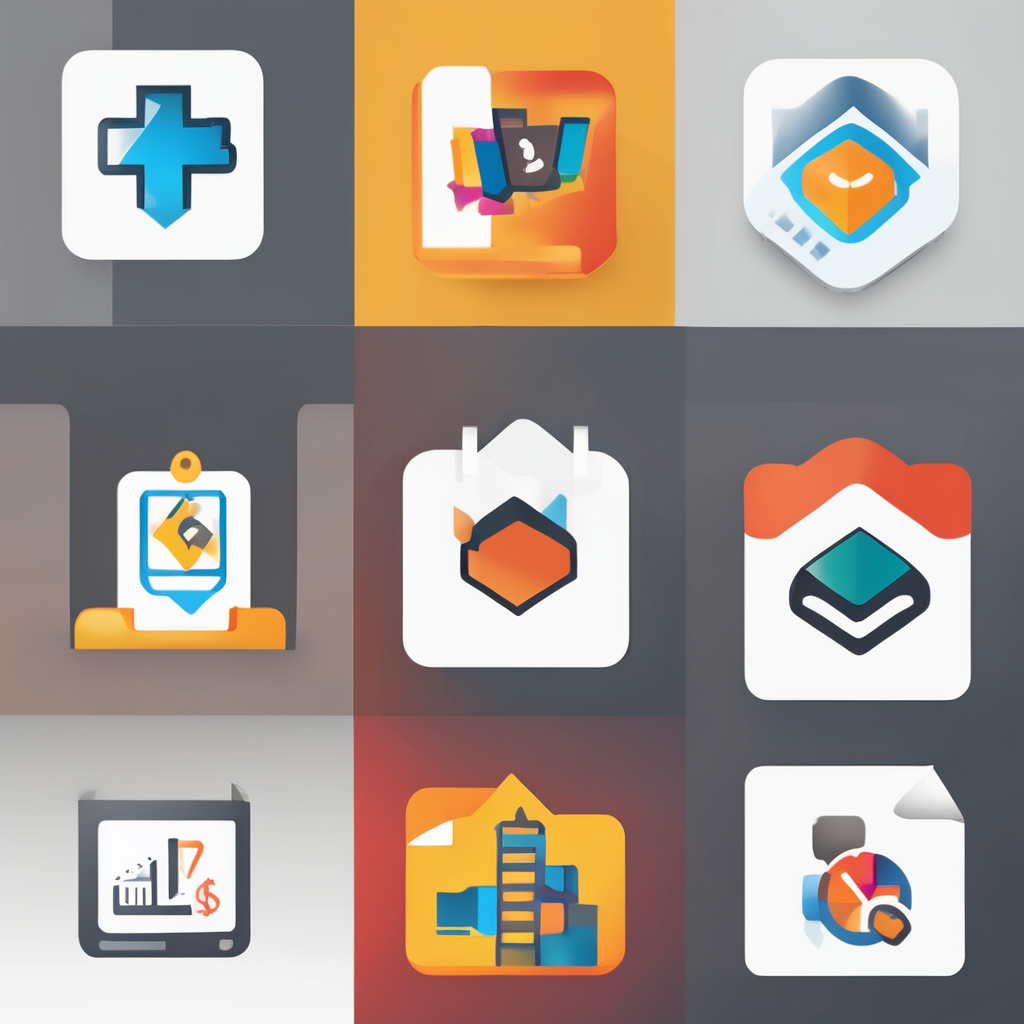AI Integration in Everyday Devices
Artificial intelligence (AI) has seamlessly blended into consumer technology, transforming ordinary gadgets into smart devices capable of intuitive interaction. Homes are increasingly equipped with AI-powered smart speakers that respond to voice commands, control lighting, play music, and manage schedules. These devices act as central hubs in connected home ecosystems, linking appliances such as thermostats, refrigerators, and security cameras.
The practical benefits of AI in smart devices extend beyond convenience. By automating routine tasks, AI enhances user experience and promotes efficient energy use. For instance, smart thermostats learn household patterns and adjust temperature settings to optimise comfort and reduce costs. Similarly, AI-enabled appliances can anticipate needs, such as suggesting grocery restocks or performing maintenance reminders.
Also to read : How are UK businesses utilizing cloud computing for growth?
Moreover, AI in consumer technology supports seamless integration across various brands and platforms, creating more cohesive and responsive environments. This automation not only increases productivity but also personalizes interactions, making everyday tech innovations integral to modern living. As AI continues to evolve, its presence in smart devices ensures increasingly sophisticated assistance tailored to individual lifestyles.
Personalization and Efficiency Through AI
AI personalization is rapidly reshaping how users interact with their smartphones and wearables. Smart devices now adapt to individual preferences by learning habits, such as preferred app usage times or fitness routines, improving both engagement and satisfaction. This adaptive AI features enable technology efficiency by automating routine tasks like calendar management, message sorting, and health monitoring, reducing manual effort and saving time.
Topic to read : What are the benefits of investing in the UK’s tech sector?
A core advantage lies in predictive functionalities. For example, AI algorithms forecast daily schedules or suggest optimal exercise plans based on past behavior, proactively assisting users. These anticipatory actions highlight how AI personalization goes beyond simple automation—it tailors experiences dynamically to suit evolving user needs.
Recent advancements include more context-aware AI that understands environmental cues and user moods, enabling smarter responses. Technology efficiency is enhanced as these systems streamline complex processes into seamless experiences. In essence, AI personalization within consumer technology not only simplifies daily routines but also empowers users with tools for smarter decision-making and lifestyle management.
In summary, AI personalization and adaptive AI features contribute significantly to daily tech innovations, making smart devices more intuitive, efficient, and responsive. This ongoing evolution promises increasingly bespoke user experiences through continuous learning and refinement.
AI in Mobility and Transportation
AI integration in vehicles has revolutionized smart mobility, elevating safety, comfort, and efficiency on the road. Modern cars incorporate AI in vehicles through advanced driver assistance systems (ADAS) that use sensors and cameras to detect obstacles, assist with braking, and maintain lane discipline. Autonomous technology enables vehicles to interpret traffic signals, predict pedestrian movement, and even make real-time decisions during complex driving conditions.
Route optimisation is another critical AI application. By analysing traffic patterns and real-time data, AI algorithms suggest the fastest or most fuel-efficient paths, reducing travel time and emissions. These features significantly enhance technology efficiency for drivers, transforming both personal and public transportation.
Moreover, AI-powered public transit systems leverage predictive analytics to improve scheduling and crowd management. This reduces delays and enhances service reliability, illustrating how smart mobility harnesses AI for better urban transportation.
The ongoing development of autonomous technology promises further advances, such as fully self-driving vehicles and integrated mobility networks. As AI continues reshaping transportation, it aims to deliver safer journeys, reduced congestion, and more sustainable travel options for everyday life.
Everyday AI-Driven Applications and Services
AI apps have become integral to many aspects of daily life, enhancing everything from health monitoring to shopping and productivity. For example, health apps powered by AI track vital signs, analyse sleep patterns, and offer personalized wellness advice. Similarly, AI-enabled shopping apps recommend products based on past purchases and browsing habits, making the experience more efficient and enjoyable.
Digital assistants represent a major category of everyday AI services. They use natural language processing and machine learning to interpret user requests, manage schedules, send reminders, and control smart devices. These assistants learn over time, enabling smarter, more context-aware interactions.
AI’s role in customization is evident in how apps adjust notifications, prioritize tasks, and optimise workflows, helping users stay organised with minimal effort. This streamlines day-to-day digital experiences, reducing manual input and enhancing overall technology efficiency.
In sum, AI apps and digital assistants transform routine tasks into seamless interactions by leveraging data and adaptive learning. They provide practical support tailored to individual needs, demonstrating the growing importance of everyday AI services in simplifying modern lifestyles and boosting productivity.
Recent Innovations and Future Trends in AI for Daily Life
Recent advancements in AI advancements have accelerated the capabilities of everyday devices, driving future tech trends that promise smarter and more intuitive interactions. Voice recognition technology, for example, has become remarkably accurate, enabling devices to understand varied accents and conversational contexts. This progress facilitates hands-free control, making smart devices more accessible and convenient.
Vision-based AI is another cutting-edge development. Cameras integrated with AI now enable facial recognition, gesture controls, and enhanced security features. These innovations open new possibilities in home automation and personalized user experiences by interpreting environmental cues in real time.
Context-aware AI represents a significant leap forward. By analyzing user behavior alongside ambient factors like location and time of day, devices can proactively offer relevant suggestions or automate tasks without explicit commands. For instance, your smart assistant might adjust lighting or temperature as you enter a room, blending comfort with efficiency.
Looking ahead, these trends suggest a future where cutting-edge AI seamlessly blends into daily routines, continuously learning and adapting. The ongoing refinement of AI models and sensors underscores the potential for increasingly personalized and anticipatory technology, shaping everyday life with greater convenience and enhanced user engagement.
